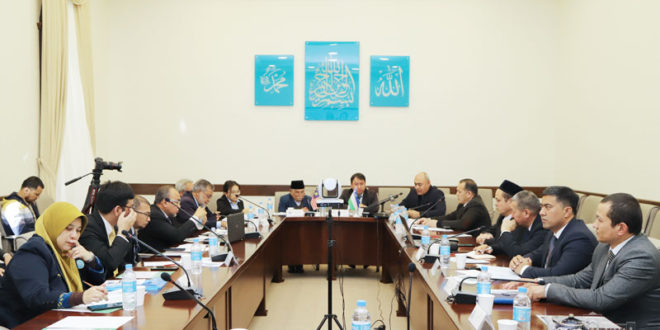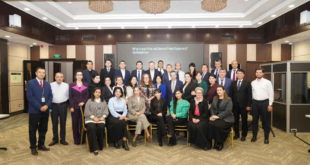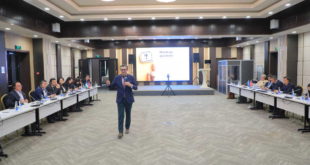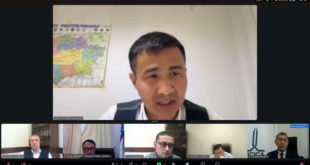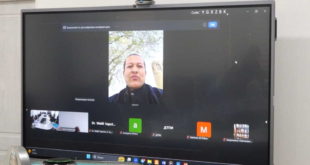The Imam Bukhari International Scientific Research Center was visited by a scientific delegation led by Professor Muhammad Nur Manuti, a member of the Committee for Interreligious Harmony under the Prime Minister of Malaysia, and Chairman of the Malaysian Institute of Islamic Understanding (IKIM).
The guests acquainted with the activities of the museum and library of the Center, and the scientific achievements of the team. Members of the delegation especially noted the high scientific potential of the staff and the high educational value of the published literature.
As part of the visit, together with the Center, the Institute and the Samarkand regional representative office of the Muslims Board of Uzbekistan, an international round table was organized on the topic “Revival Islamic civilization initiatives”.
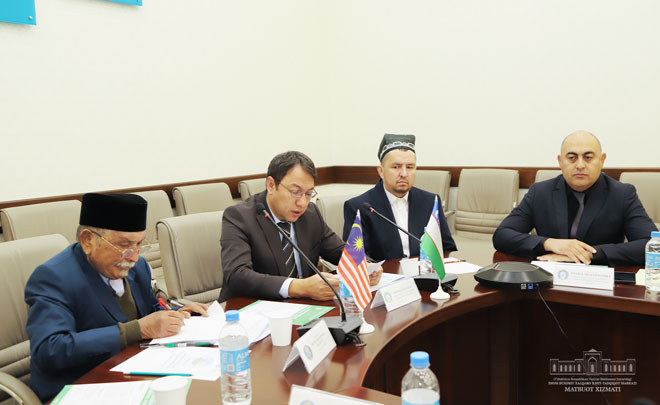
First, the Director of the Center, Doctor of Historical Sciences Shovosil Ziyodov, gave information about projects and activities carried out in cooperation between scientific institutions over the past period.
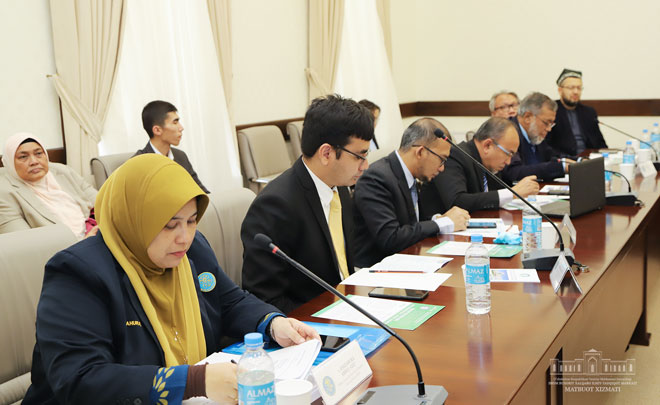
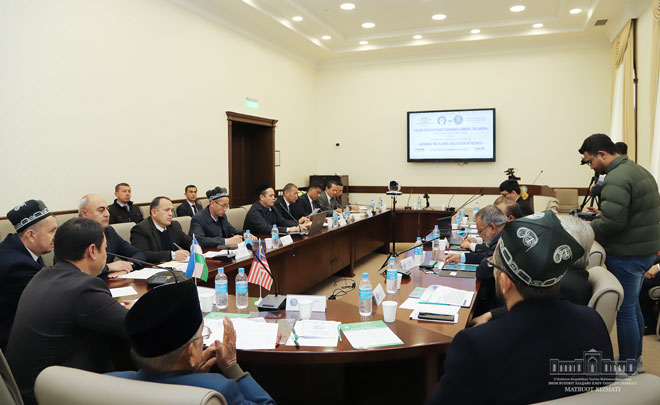
Muhammad Nur Manuti expressed gratitude for the warm welcome and especially noted the scale and bright results of reforms in the religious and educational sphere in our country. The speaker also drew attention to important aspects of the theme of the event and emphasized that the study of the spiritual heritage of Transoxiana scientists, who made a significant contribution to the creation of Islamic civilization, is becoming increasingly active in modern conditions of globalization.
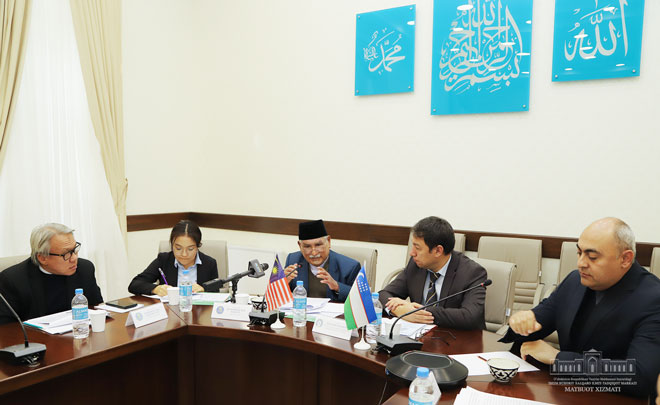
During the round table, a series of lectures was presented on the contribution of Central Asian scientists to the development of Islamic civilization. The participants widely discussed about the role of Muhaddith scholars in the development of Hadith studies in Transoxiana, as well as the contribution of Alauddin Usmandi to the development of the Matrudi Kalam school, the position of Islam in the Federal Constitution of Malaysia, the high status of science in Islam and the Malaysian experience in preventing extremism and radicalism.
The participants noted that it is necessary to fully understand the true nature of religion, strengthen inter-religious tolerance, build on the scientific heritage of the thinkers who lived in Transoxiana, widely promote the values of Islam such as humanity and peace, and ensure international harmony.
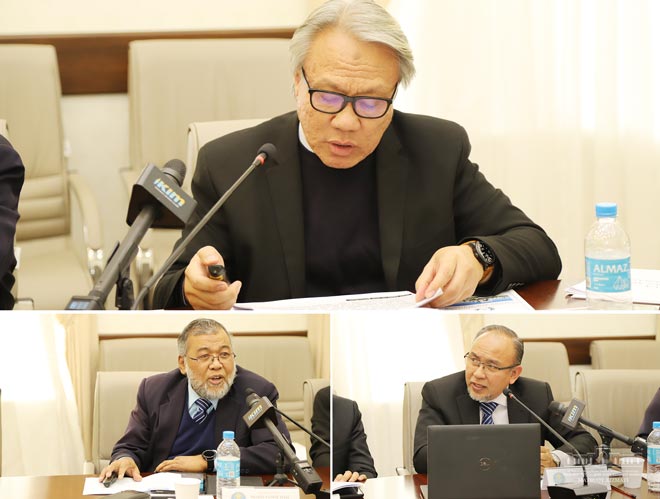
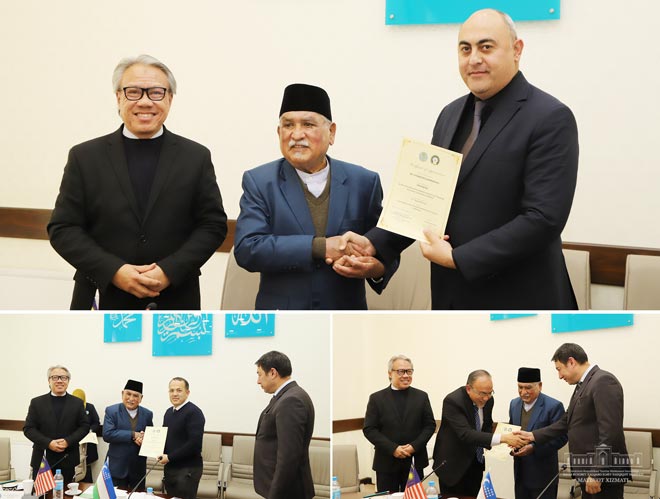
During discussions, a number of proposals and recommendations were made regarding the wider implementation of the principles of religious tolerance, accelerating the promotion of noble ideas in the works of scientists, and ensuring freedom of religion and conscience.
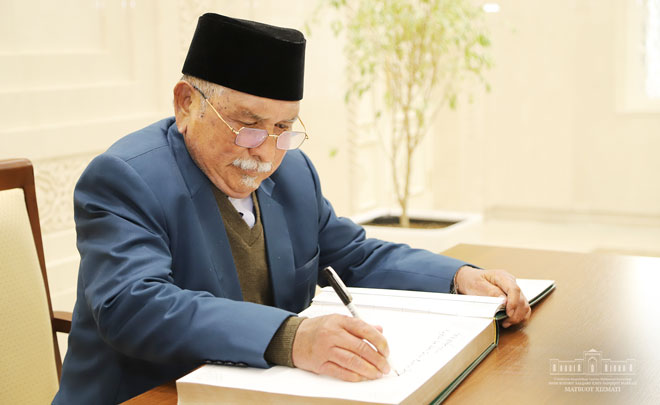
In the end of visit, Muhammad Nur Manuti signed the Center’s Book of Honored Guests.
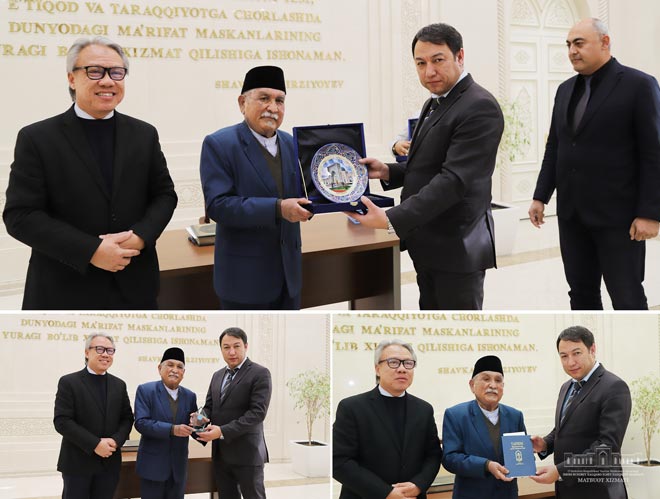
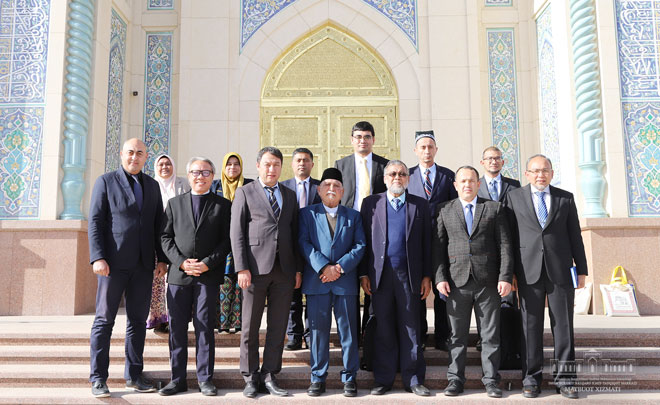
 Imom Buxoriy xalqaro ilmiy-tadqiqot markazi bukhari.uz
Imom Buxoriy xalqaro ilmiy-tadqiqot markazi bukhari.uz







